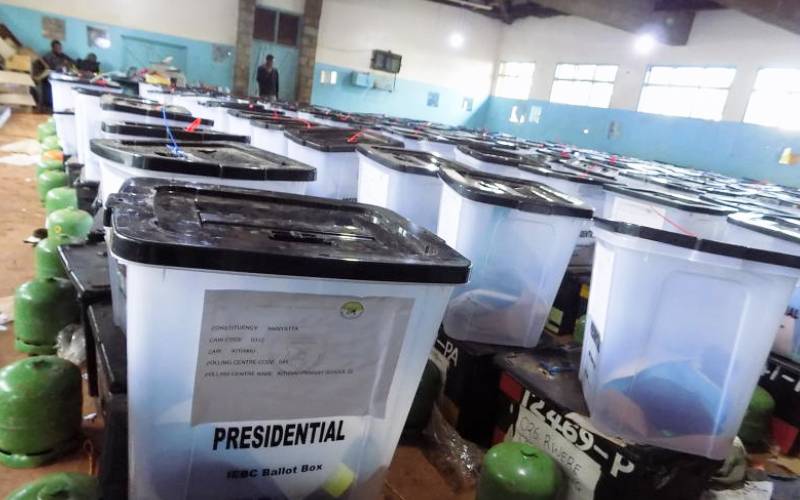×
The Standard e-Paper
Kenya’s Boldest Voice

Kenya is already on a campaign mode, thanks to a restless clique of politicians. In fact, some people are already predicting that the proposed referendum's outcome will have a bearing on the line up for the 2022 State House battle and its outcome.